The governor of California, Gavin Newsom, made a shocking announcement that seemingly goes against the state’s left leaning policies.
After the Supreme Court ruled in June that local governments have the right to impose public camping bans and hand out hefty fines for violators, California officials will begin removing homeless encampments across the state. With the homeless population out of control in the Golden State, Newsom has long been critiqued for his inaction on the problem.
Executive Order to End Homeless Camps
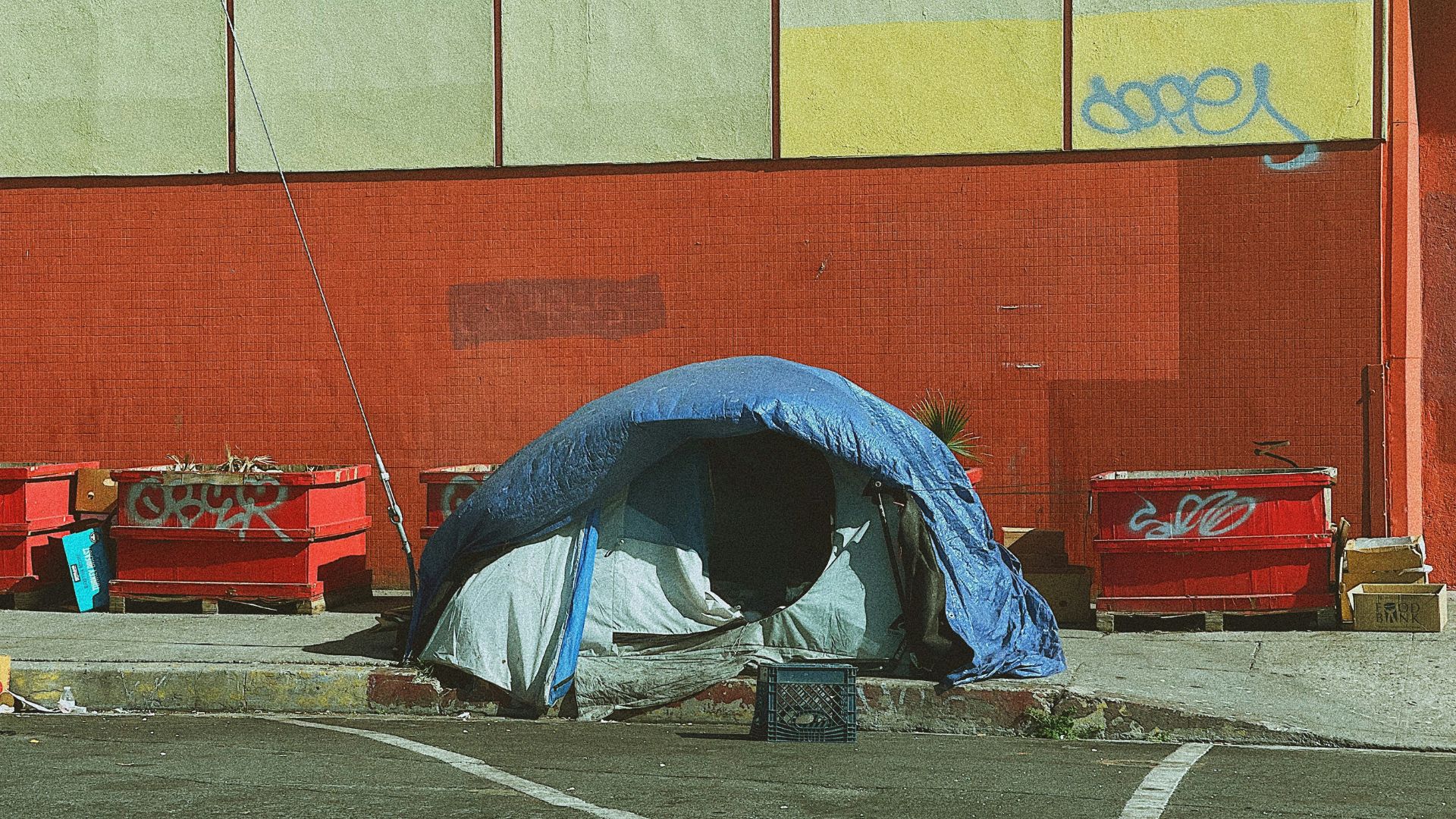
Sometime this week, Newsom is expected to make a public address issuing an executive order along with specific guidelines that will allow cities to crack down on homeless encampments on public property.
Some social services and housing alternatives will be provided. The order represents a complete change in the usual policies that the progressive state has towards homelessness.
Previous Ruling
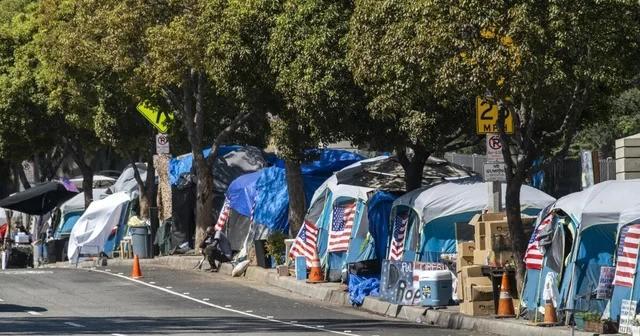
Until recently, the Court of Appeals for the Ninth Circuit restricted the ability of local governments and cities to ban public camping.
Even when cities did not have enough beds in shelters or alternatives for those in need of housing, they could not stop people from camping public areas.
Supreme Court Decision
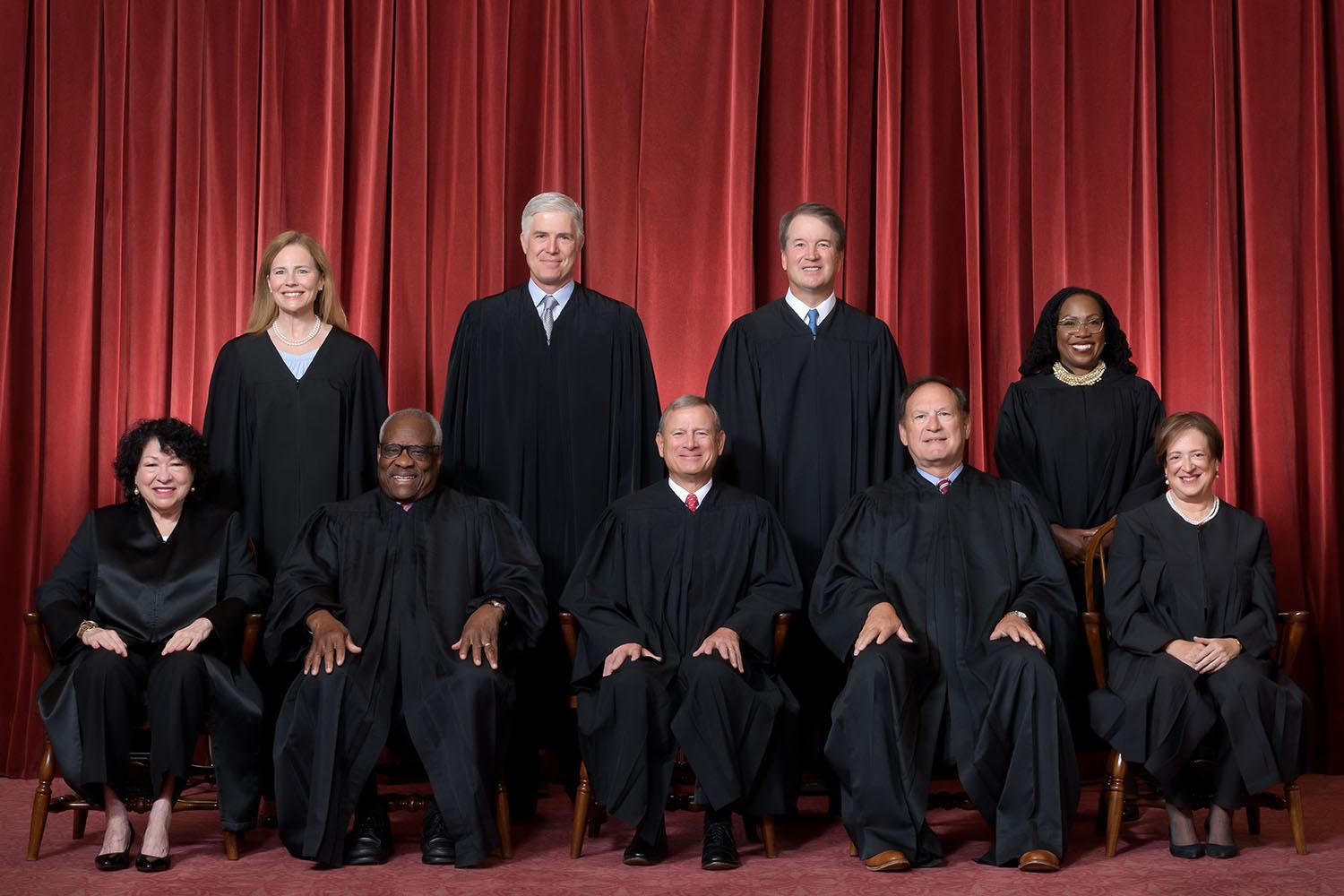
The recent Supreme Court ruling ushers in a new era of city rights to control the local homeless populations.
People sleeping outside can now be imprisoned or fined along with having most of their belongings thrown out.
What Started the New Ruling?
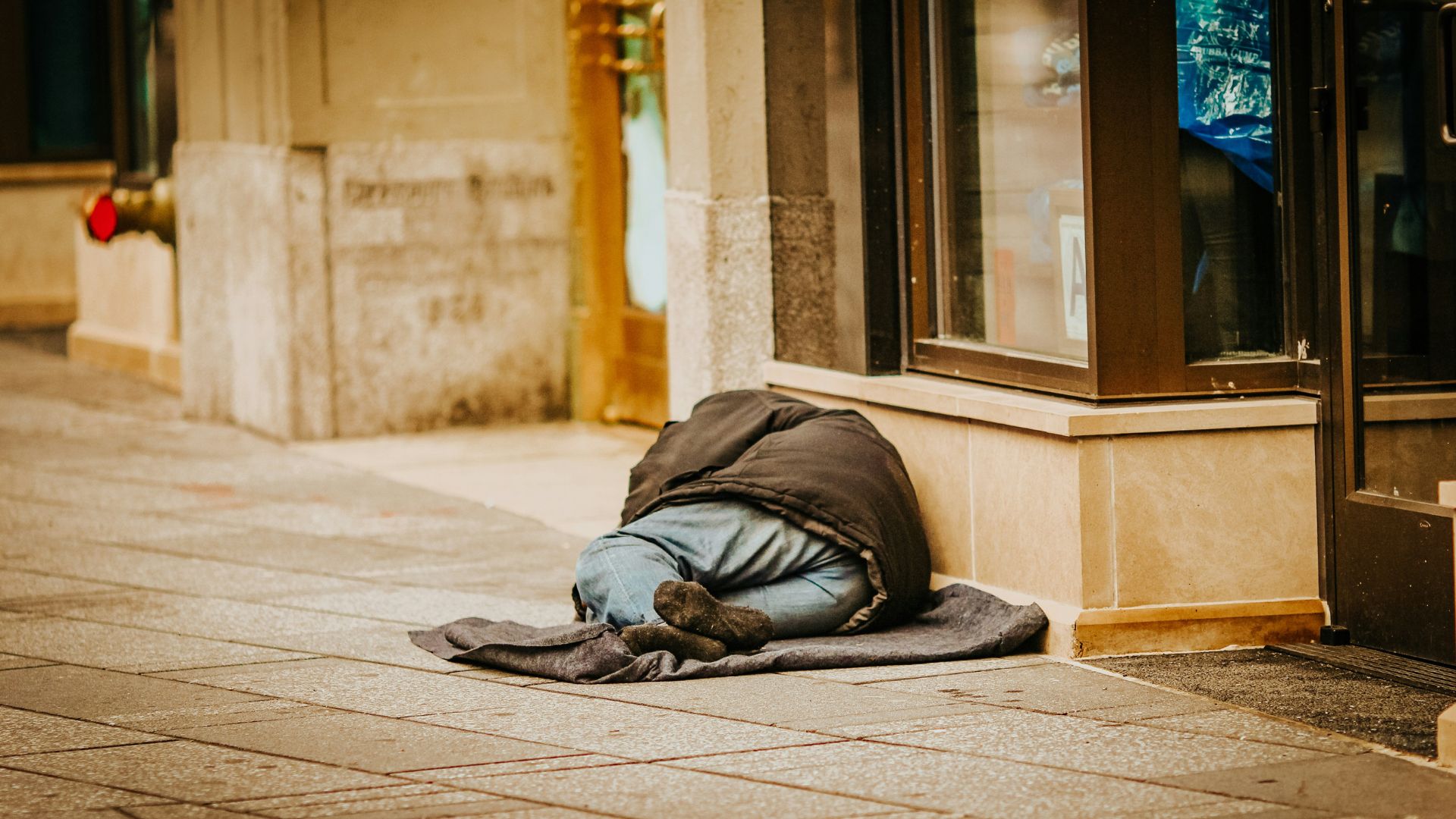
A case out of the small town of Grants Pass, Oregon, was the accelerator to this recent decision. In recent years, the homeless population in busy metropolitan areas, especially warmer West Coast cities has exploded.
In 2013, the small community realized they couldn’t deal with the homeless population anymore and passed a law that made it illegal to camp outside.
Grants Pass v. Johnson
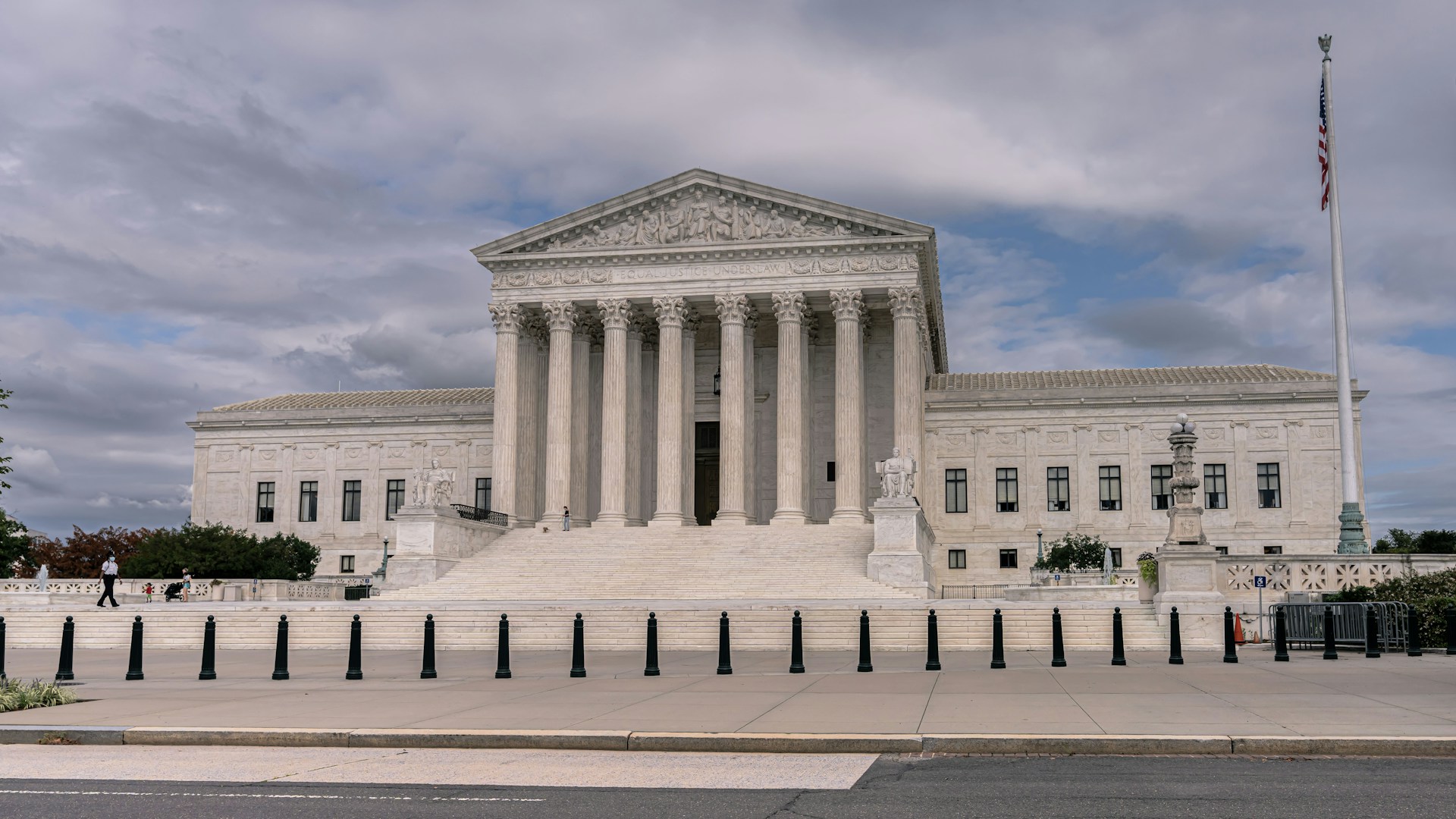
After the fines began being handed out, a select group of houseless people decided to fight the city’s ordinance in court. In court, they stated that the law was unconstitutional as it was passed to discriminate against a certain group.
The court proceedings heard the case of Martin v. Boise (2018), which noted in Idaho that, “the Eighth Amendment prohibits the imposition of criminal penalties for sitting, sleeping, or lying outside on public property for homeless individuals who cannot obtain shelter.”
The Homeless Group Won the Ruling

The 9th Circuit Court of Appeals ruled alongside Johnson and his group of ragtag homeless peers.
Although they thought that their fight was over, the city took the fight to the Supreme Court hoping to overturn the decision.
Supreme Court Sided with Grants Pass
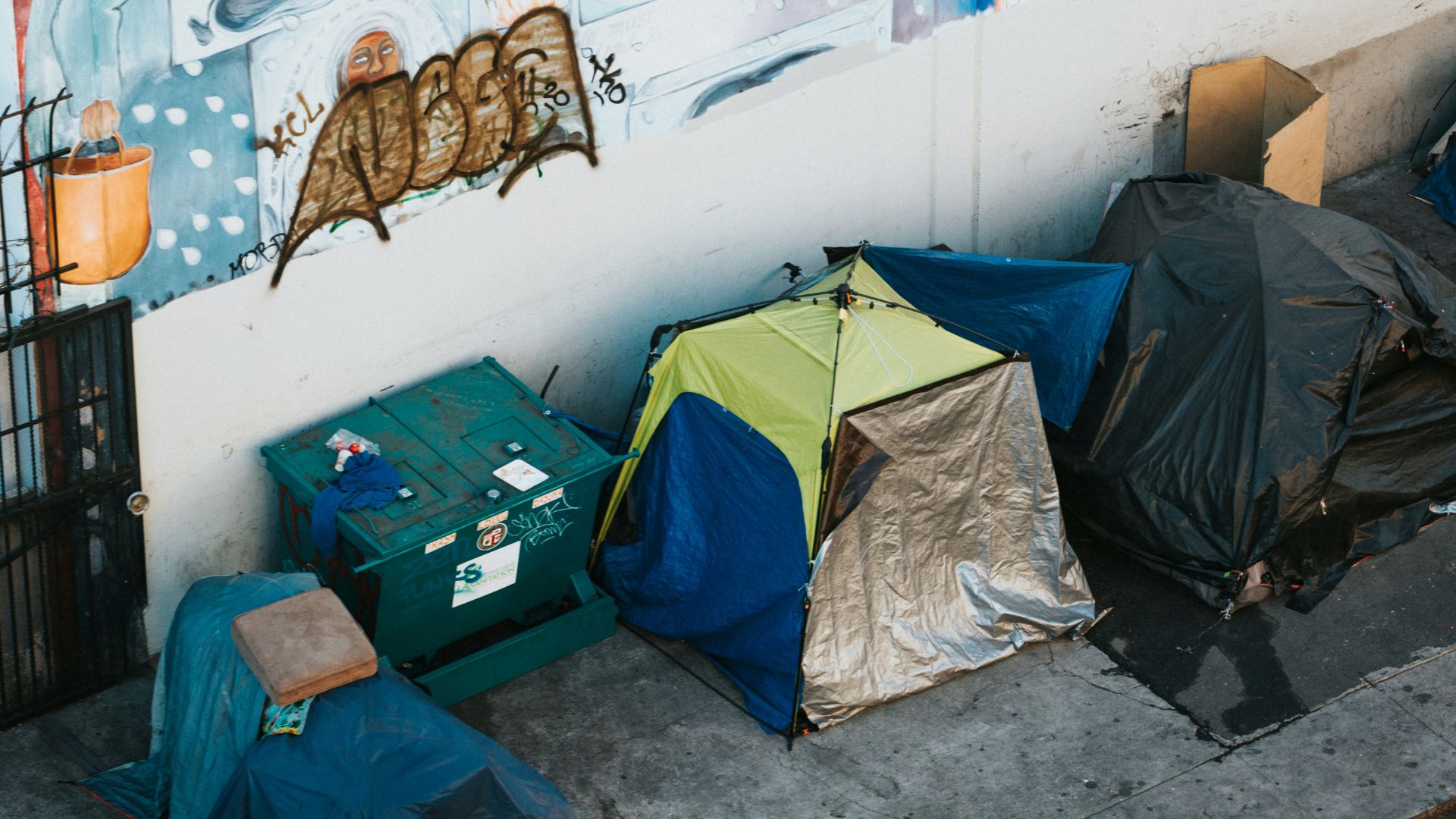
The Supreme Court ultimately decided that the Eighth Amendment protection does not apply in this case and officially overturned the verdict.
The decision comes down to allowing people not to sleep on private property due to liability issues. Although excessive fines will not be imposed, it’s now within the city’s rights to remove those setting up camping shelters outdoors.
The Law Will Apply to Everyone
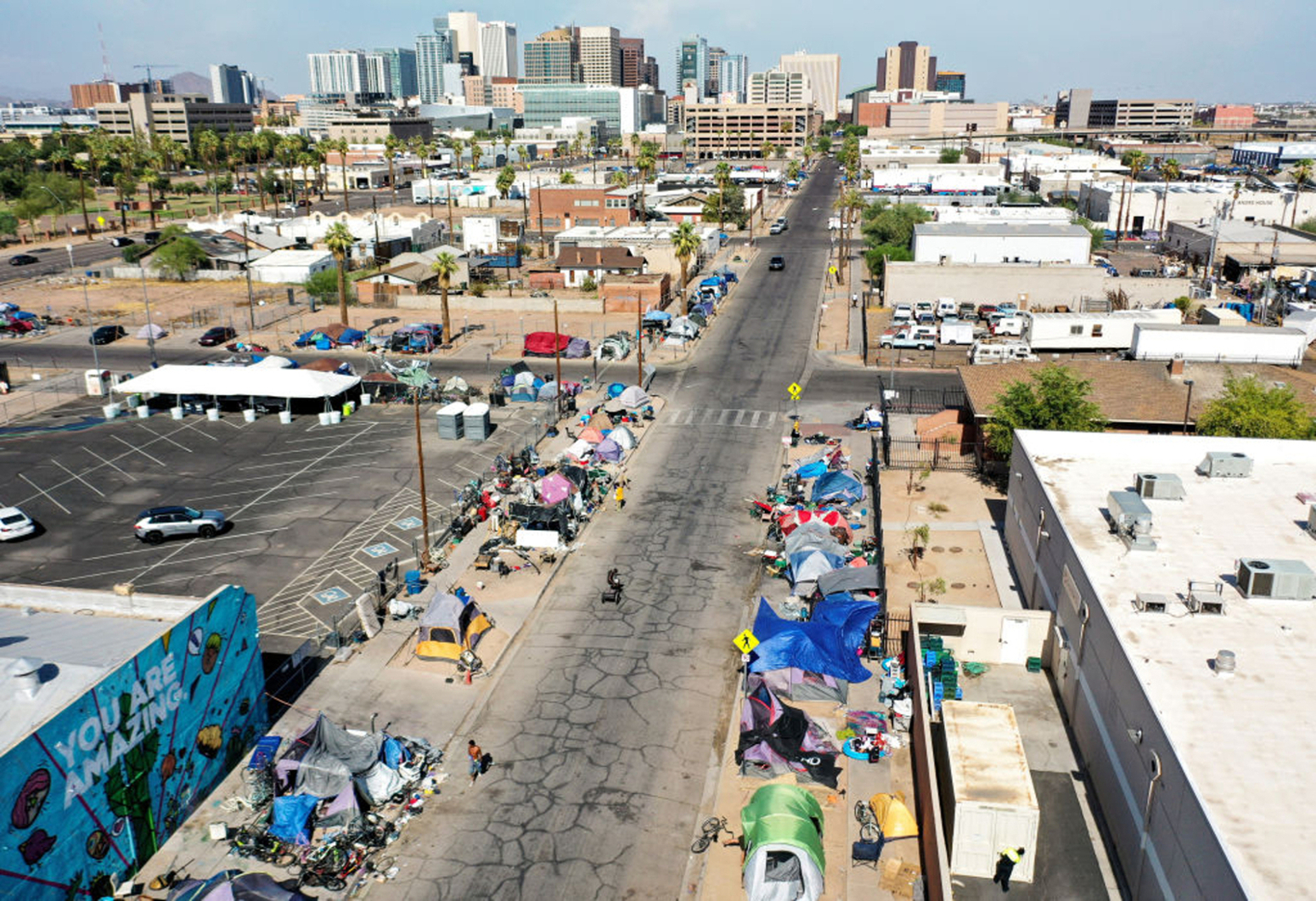
In the initial ruling, it was cited that a law made to punish a select group of people, in this case homeless people, is unconstitutional as it creates a bias against the group.
However, the Supreme Court noted that the law will be applied to anyone regardless of socio-economic status and will not be defined as a biased law.
Homeless Population in California
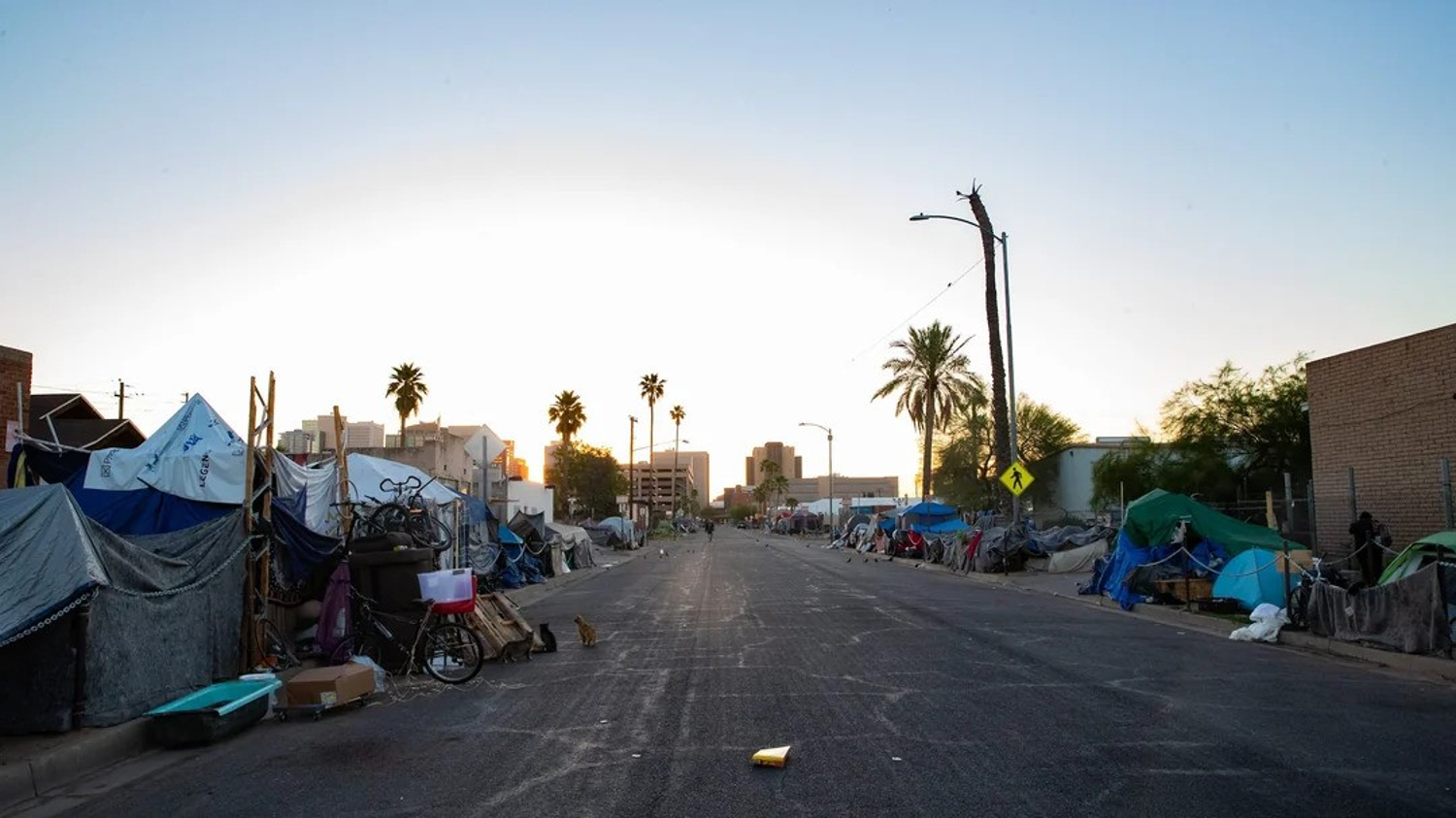
As the numbers continue to grow, the population of people lacking adequate shelter in the state has reached more than 180,000 last year.
Many of those people were kids and families, although many state officials have noted that there are more services to help both of these groups.
Newsom’s Shaky History With Homelessness

Although the state has poured billions into the problem, it just seems to be getting worse over time.
Las year, Gov. Newsom and his administration took on the daunting task of building 1,200 tiny homes through the state to help people living on the street. Despite the success of the implementation of the plan, it has failed to actually be executed; most of the tiny homes still stand vacant.
Thousands of Tents To Be Torn Down
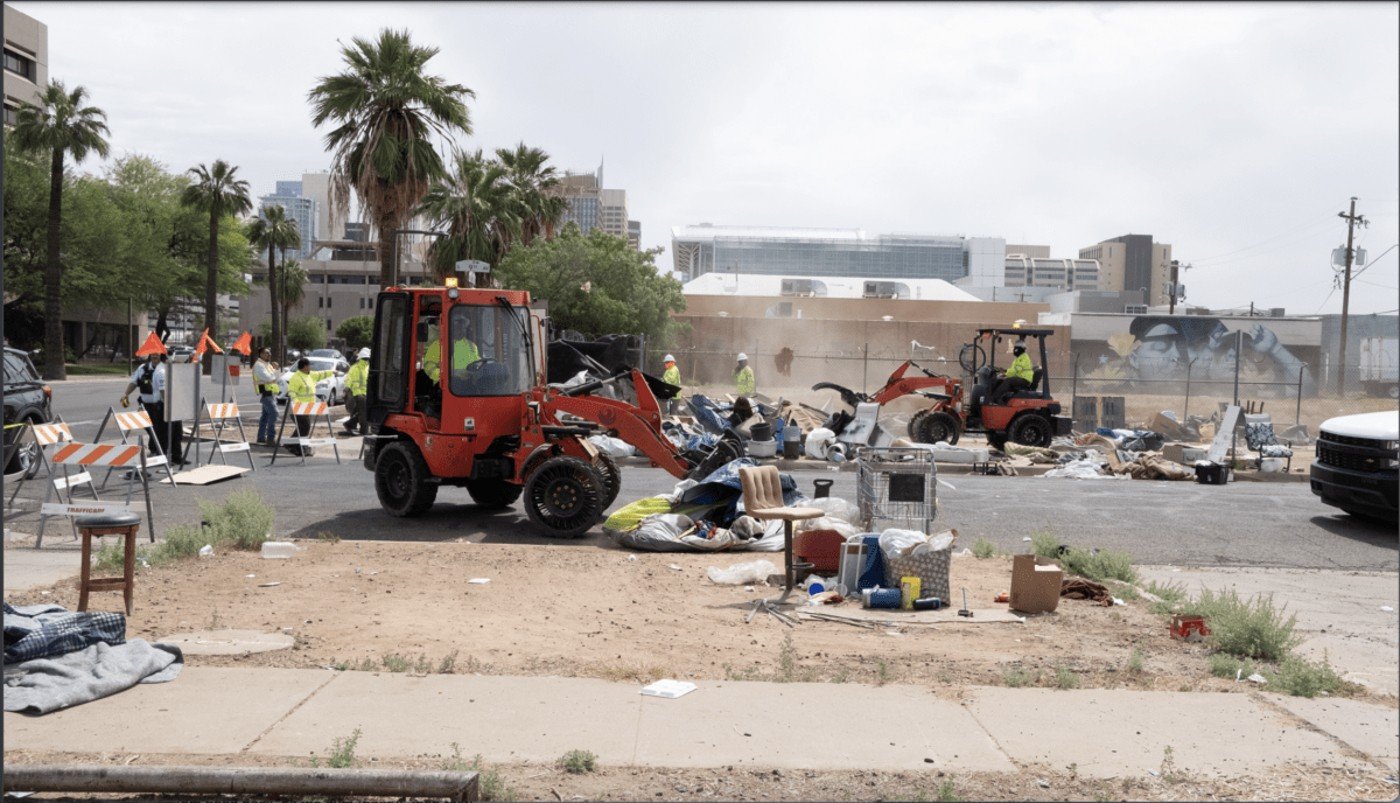
This politically complicated issue is about to become even more divisive. As thousands of tents litter the sides of highways and streets, the tents are often a last resort for those living in them.
After the tents are torn down and residents ticketed, they will likely have no where to go. In other cities that implement similar measures, the encampments tend to just move to a new location and pop back up eventually. More beds in shelters and services for the homeless are needed if the problem is going to be resolved.








































